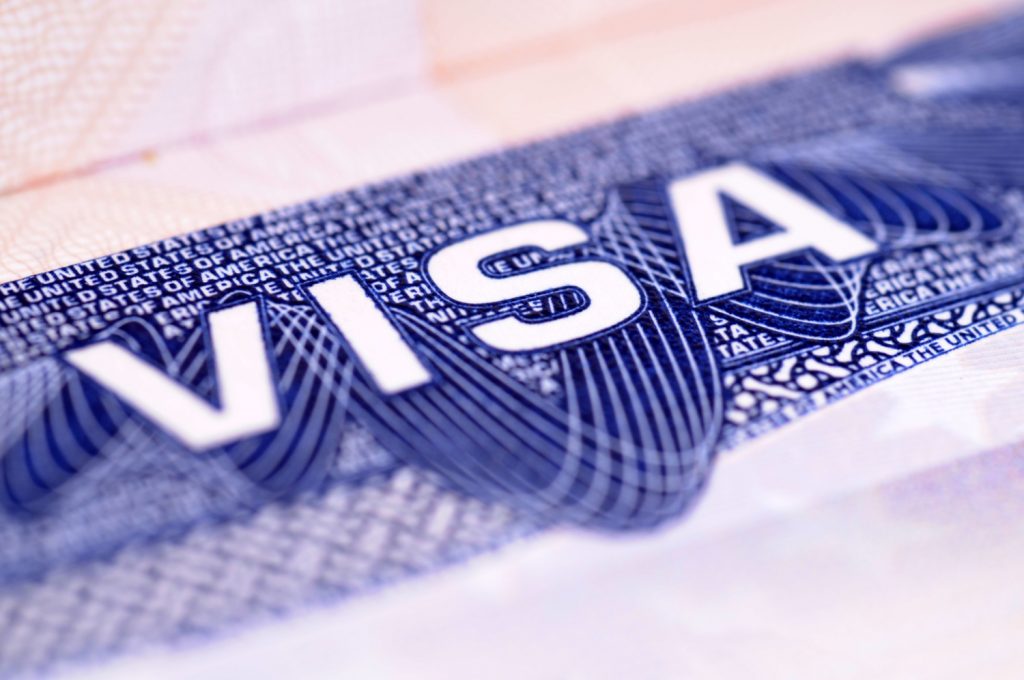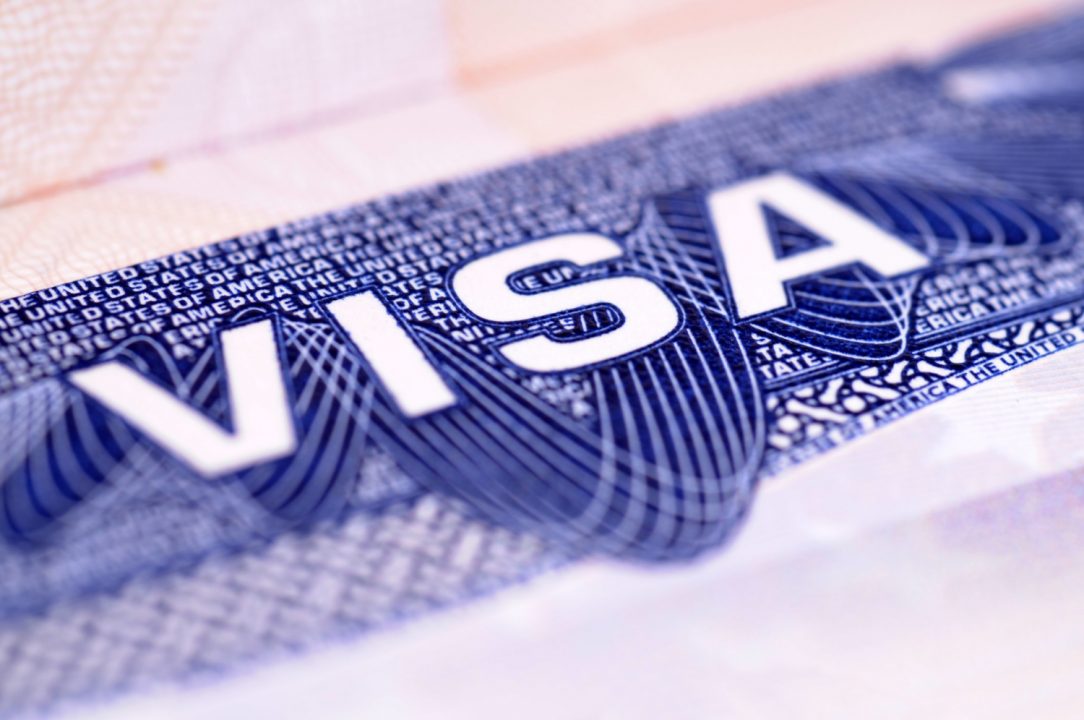
For many international students, understanding M1 visa extensions for performing arts students is essential to continue their training without interruptions. Whether you’re studying acting, filmmaking, or another performance-based field, knowing how to extend your M1 visa ensures you can stay in the United States legally while completing your program. Without the proper extension, students risk losing valuable opportunities for workshops, rehearsals, or performances that are critical to their growth.
Whether your program lasts longer than expected or you need additional time for final showcases, a clear grasp of M1 visa extension for performing arts students can make all the difference. Planning ahead helps you focus on your craft and avoid last-minute complications.
What Is An M1 Visa?
The M1 visa helps students from other countries take part in non-academic or trade-based studies in the United States. Unlike the F1 visa, which covers academic programs like college or university, the M1 visa is designed for students attending vocational institutions. That includes hands-on training in areas like dance, theater, film, sound design, stage combat, or even general acting.
To qualify for an M1 visa, students need to meet some specific requirements:
- Acceptance into a full-time vocational program approved by the U.S. government
- Proof of financial support to cover tuition and living expenses for the entire duration of the program
- A schedule that closely aligns with the original study plan
- Prohibition from working off-campus while studying under an M1 visa
It’s also important to note that this visa is typically issued for a set length of time, just long enough to match the length of your approved program. So if your acting conservatory program lasts ten months, your visa will reflect that duration.
Let’s say a student enrolls in a year-long acting program that later includes auditions for live showcases or additional directing workshops. If these opportunities stretch beyond the listed program length, the visa wouldn’t automatically extend. That’s why getting familiar with the process of applying for an extension can make a real difference in your ability to take full advantage of what your training has to offer.
When And Why You Might Need An M1 Visa Extension
Many students don’t realize that their time in the program may not always match the amount of time granted on their visa. Some courses might add hours due to rehearsals or extra coaching, or there may be delays caused by scheduling shifts. In those situations, an extension can be the best way to stay legal while continuing your education.
Here are a few reasons why you might need an M1 visa extension:
1. Your program adds more training weeks than originally scheduled
2. You’ve been invited to take part in a final production or showcase that occurs after your visa end date
3. You need to re-take part of your program due to time missed because of illness or other valid reasons
4. Your course includes optional but strongly recommended workshops or seminars that go beyond the original timeline
For performing arts students, timing is everything. Many schools build flexibility into their curriculum to allow for growth, and that growth sometimes leads to needing a little more time. A visa extension gives you a way to make that adjustment without putting your status at risk.
Understanding when it’s time to ask for an extension helps you avoid last-minute stress. If you wait until your visa is about to expire, you might run out of time to submit the paperwork. Planning ahead and knowing what qualifies can help set you up for a smoother stay.
How To Apply For An M1 Visa Extension
If you realize your training might go beyond your current M1 visa expiration date, you’ll want to begin the extension process right away. While it’s not overly complicated, the steps do require careful timing and attention.
Here’s a basic breakdown of how to apply:
1. Start early
Submit your extension request at least 45 days before your current stay ends. If your visa expires before you apply, you’re at risk of falling out of status
2. Meet with your Designated School Official (DSO)
The DSO is your point of contact for anything visa-related at your school. They’ll help you explain why the extension is needed, and if it falls within the rules, they’ll help you update your I-20 form to reflect the new program end date
3. Update your I-20
Once your DSO adds the new information to SEVIS (Student and Exchange Visitor Information System), you’ll get a revised I-20 that shows your new proposed completion date
4. File Form I-539
This is the Application To Extend or Change Nonimmigrant Status. You’ll file this with U.S. Citizenship and Immigration Services (USCIS) and pay the filing fee. It’s best to include the updated I-20, proof of financial support, and a personal letter explaining why you need the extension
Once everything’s submitted, you’ll wait for a decision. While your application is pending, you’re allowed to stay in the United States as long as you applied before your current visa status expired. Processing times vary, so don’t push your luck by waiting too long to begin.
Tips For A Successful M1 Visa Extension
Getting an extension approved is not guaranteed, but there are steps you can take to improve your chances. Paying attention to details and staying organized go a long way. Here’s what helps:
– Watch the deadline
Apply early, way before your current authorized stay ends. Waiting too long could mean automatic denial
– Be specific in your letter
If you’re writing a letter to support your extension, be clear and direct. Include dates, reasons for the delay, and an updated plan with training goals
– Keep up with attendance
Make sure your attendance and performance are up to date. Gaps without good reasons can raise red flags
– Stay in touch with your DSO
Regular check-ins help you stay informed about updated forms or changes in policy that affect your visa
– Have documents ready
Maintain organized records of your program, health insurance, banking, and housing so you’re not scrambling at the last minute
Students sometimes assume that being a good participant in class is enough. But the extension process looks at paperwork and timing more than performance. Staying on top of your documentation and getting ahead of deadlines can help prevent problems.
Ensuring Your Training Continuity
Once your extension is approved, it’s just as important to stay on track. That means attending classes, showing steady progress, and not violating any terms of your visa. Skipping out on even one key rule, like taking too few hours or trying to work off-campus, can reset everything you worked hard to get.
Most delays or issues come down to communication gaps. Make time to meet with staff who handle international student matters, and keep your official paperwork updated. If something changes, like your course structure or living situation, alert your DSO right away.
You’ll also want to be honest with yourself about your goals. If your original plan changes, or if you need more support to stay focused, bring it up. International training isn’t just about finishing. It’s about growing, learning, and making progress at your own pace without breaking the rules that let you stay.
Your Path To Performing Arts Success
Understanding how M1 visa extensions work can protect your ability to finish what you started. Whether your program adds unexpected opportunities or you need a little more time to hit all your milestones, extensions provide the breathing room many students need.
Planning ahead is key. Handle the paperwork early, keep your documents updated, and maintain contact with school officials. It’s not just about staying in the country, it’s about making the most of your time here. A little effort now keeps your training on track and gives you the best chance of walking away with the experience you came for.
As you advance in your performing arts journey, understanding the ins and outs of the M1 visa is key to staying on track with your studies. Los Angeles Acting Conservatory offers personalized support for international students, helping you focus on building your craft and reaching your creative goals in the heart of Los Angeles.

